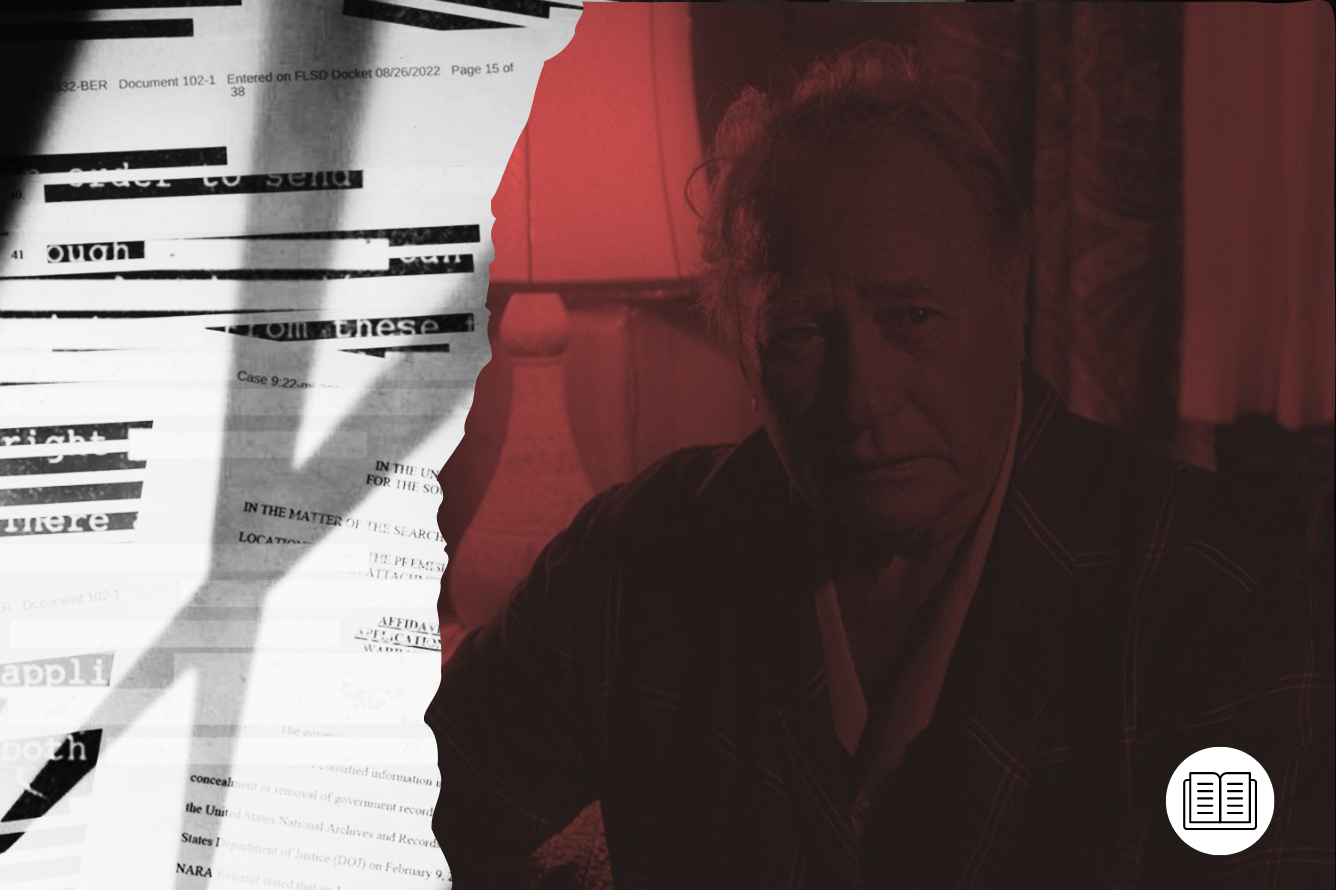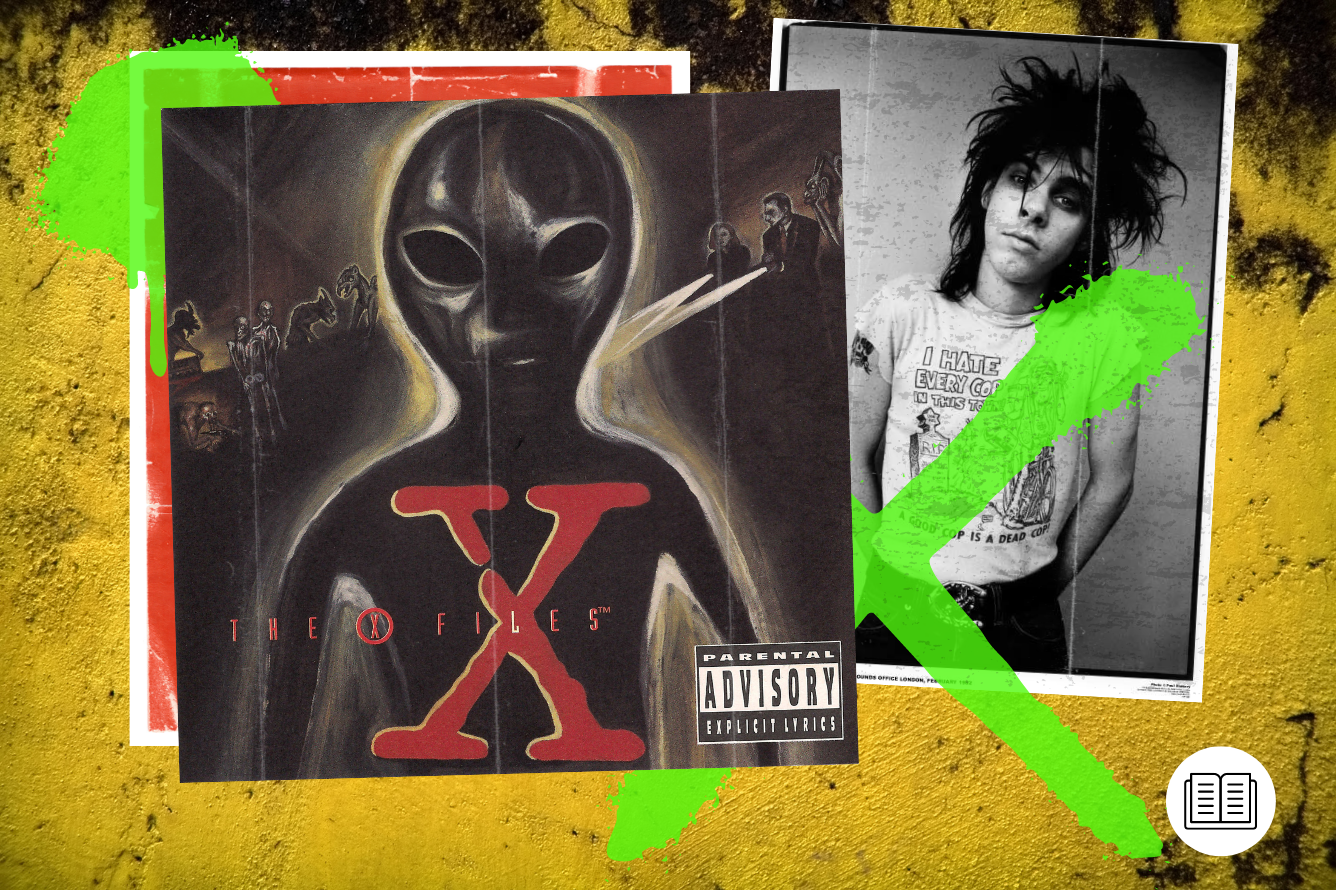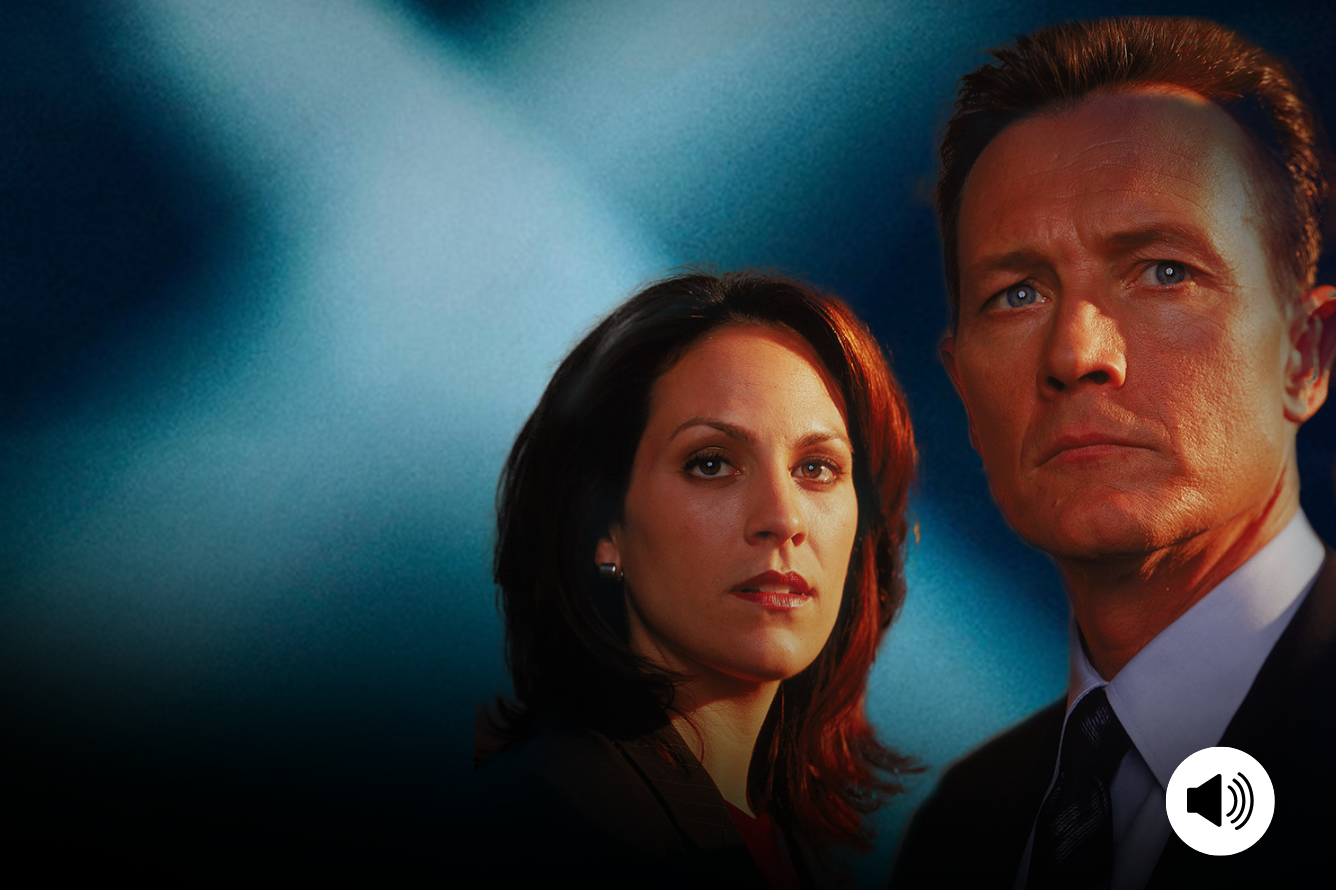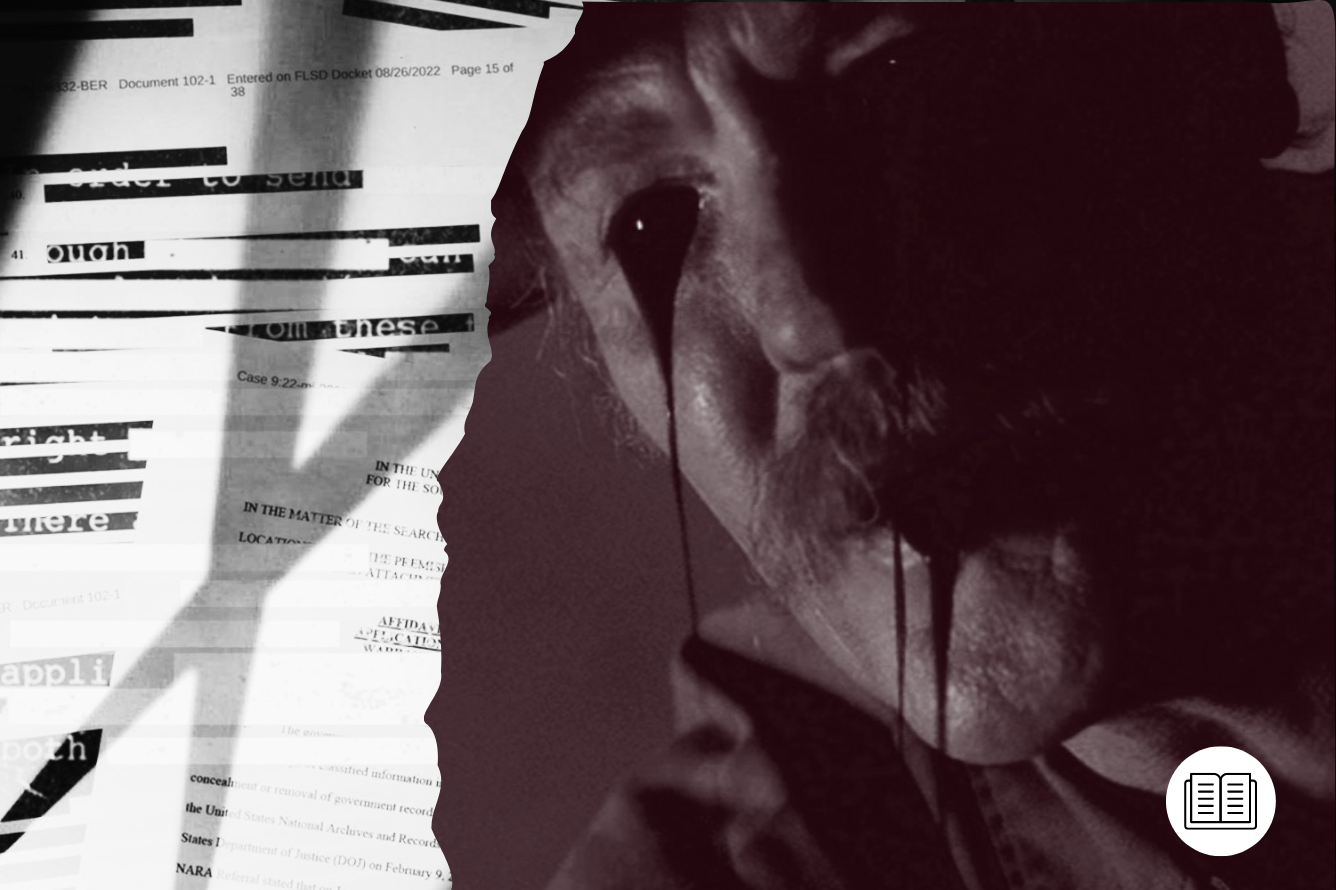Many names from the era of Communist paranoia in the 1950s have gone down in American political legend. Joseph McCarthy. Roy Cohn. Elia Kazan. But how many people have ever heard of Howard Dimsdale?
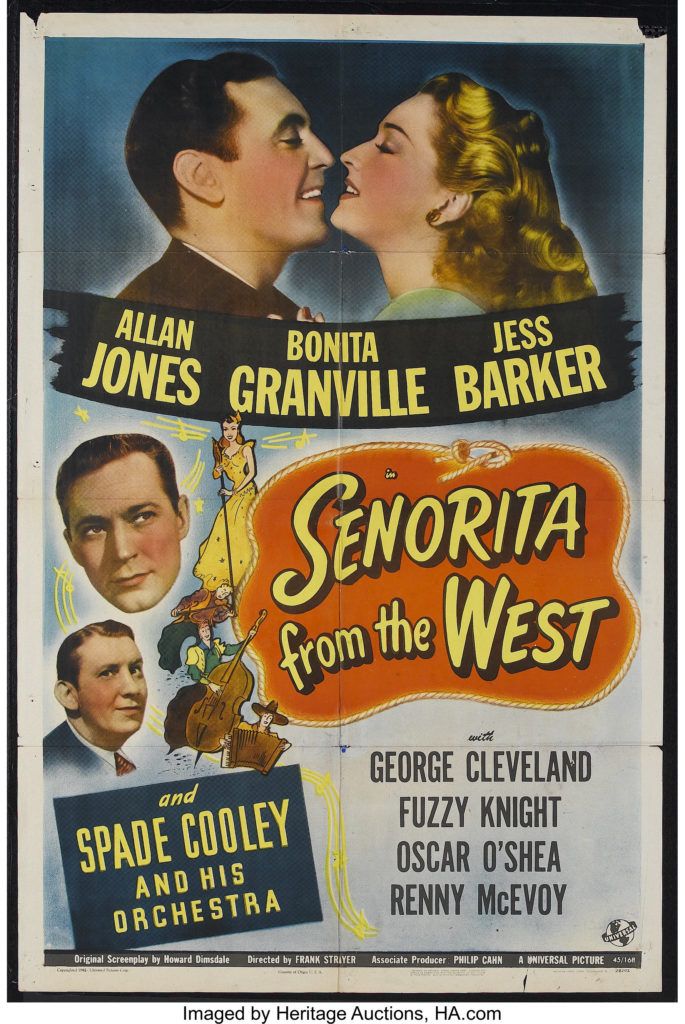
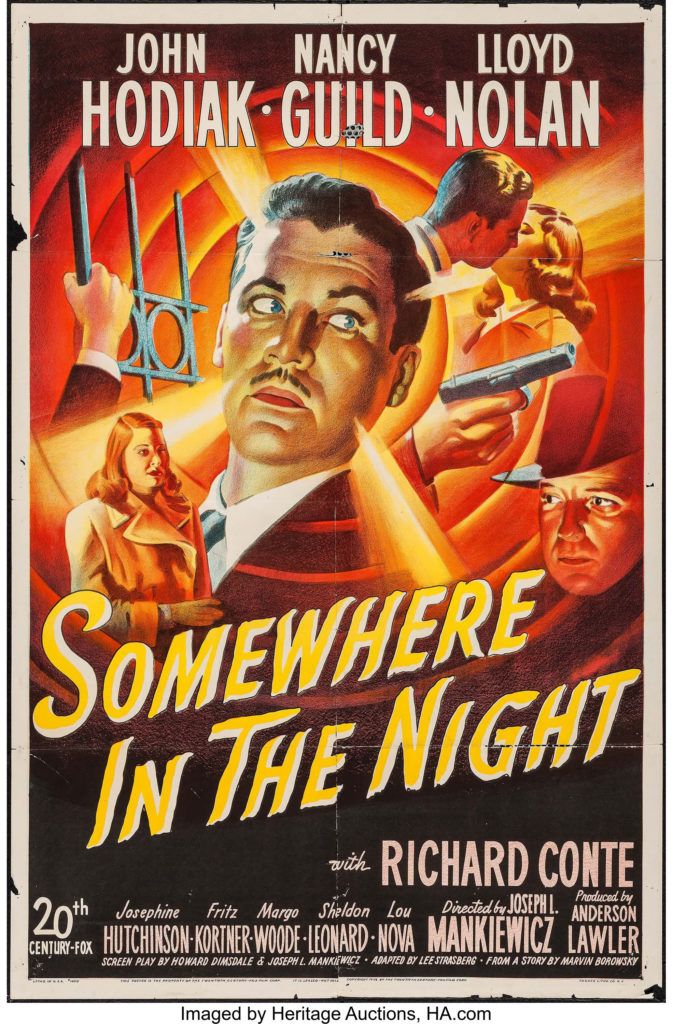
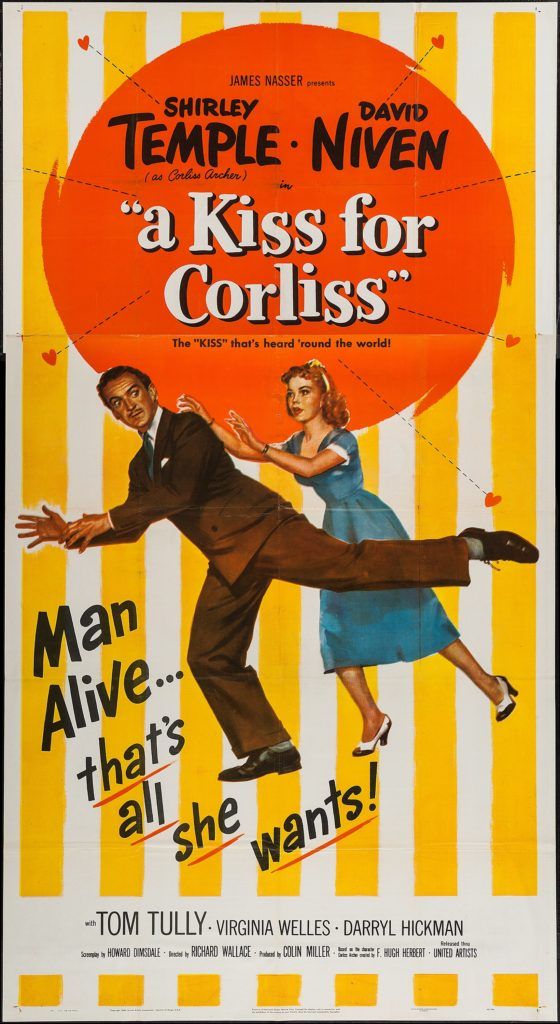
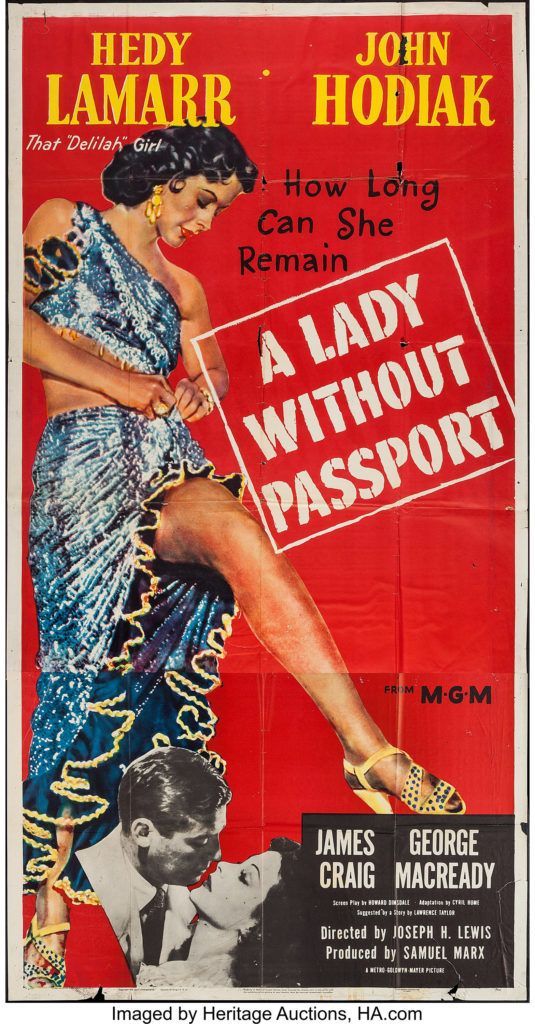
He was a screenwriter in the post-Second World War period who, alongside hundreds of fellow scribes, producers, and directors who were added to the so-called ‘Hollywood blacklist’ by the House Un-American Activities Committee, aka HUAC. Under the auspices of hawkish Senator McCarthy, they set about rooting out the perceived infiltration of American society by Communist sympathizers to – or even working for – the Soviet Union. This was at the height of initial Cold War tension – just a few years after President Harry S. Truman became the first and only world leader to drop an atomic bomb on a populated city, and the ‘Berlin airlift’ which cemented the ‘Iron Curtain’ that divided East and West for the next half-century. It was a febrile, terrifying time in American life.
One of the reasons you may never have heard of Dimsdale is thanks to a blacklist that destroyed the careers of many American creatives, even long after HUAC’s demise and even McCarthy’s death. Though he did go on to write for a brace of American television series up to as late as 1988 including episodes of Mannix, Planet of the Apes, and The Six Million Dollar Man, he was forced to do so under pseudonyms including that of ‘Arthur Howard Dales’.

Dimsdale might have passed through history as a pure footnote, a lost name among many who toiled in obscurity following the stain and taint of possible ‘Red’ sympathy, were it not for a connection he made. While teaching at the American Film Institute in the early 1990s, Dimsdale mentored two students who would play a key role in the future cultural sensation that was The X-Files – Frank Spotnitz and John Shiban.
Frank Spotnitz and John Shiban’s Tribute to Dimsdale
They learned of the stories he wrote before his blacklisting, stories of as they described “paranoia, treachery, and double-dealing”, and resolved to find a way to honor a man whose career in cinema was cruelly cut short. In The X-Files episode ‘Travelers’ (S5, Ep15), written by Shiban and Spotnitz, they found a way to do just that. Set in 1990, three years before agent Fox Mulder is found in his FBI basement working on the X-Files, and one of the very few episodes to not feature his partner Dana Scully at all, a younger and greener Mulder seeks out a retired FBI agent, a man of similar age to the 70-something Dimsdale, for help in solving a strange death.
The name of that agent? Arthur Dales.

‘Travelers’, appropriately, serves as one of the founding origin myths of The X-Files, which the series had been constructing since the series had hit the cultural zeitgeist, and creator Chris Carter was given free license to craft whatever stories he saw fit. Carter began engineering the established mythology of The X-Files, forged as we previously saw in the shadow of the Watergate scandal, as part of a ‘secret history’ within the conspiratorial lexicon of the United States across the 20th century. The X-Files episode ‘Paper Clip’ (S3, Ep2) weaves in the fact of Nazi scientists given amnesty after the Second World War and how they helped America win the ‘Space Race’. The X-Files episode ‘Musings of a Cigarette-Smoking Man’ (S4, Ep7) posits that the titular ‘villain’ of the arcane series mythology, in what could be Apocrypha, killed both John F. Kennedy and Martin Luther King in the 1960s.
Marita Sturken posited in ‘Reenactment, Fantasy and the Paranoia of History’ (Spectator Vol. 20 No. 1, Fall 1999/Winter 2000) that The X-Files placing these events as part of a foundational myth was key to the 90s attempts at catharsis for sins or fears of the past:
“Popular culture in the 1990s was increasingly preoccupied with rewriting history through narratives of UFOs and aliens, figures that have served since the beginning of the Cold War as cultural displacements of the nation’s fear, fantasies, and imagined enemies. Thus, television shows like The X-Files and Dark Skies have rewritten the events of the late 20th century through the conspiracy narrative of a government cover-up of the existence of UFOs and aliens on earth.
“While narratives of paranoia are often culturally disruptive and can be seen as powerfully evoking the alienation of everyday life and the terror of citizenship, it is also possible to see them as providing a particular form of comfort. The smoke-filled dark rooms in The X-Files, JFK, and Nixon may depict the dark forces that are supposedly governing our country, but they also indicate that there is a design behind the confusion of history—that there are people who are orchestrating the daily oppression.
As Marita Sturken writes in ‘Reenactment, Fantasy and the Paranoia of History’ (Spectator Vol. 20 No. 1, Fall 1999/Winter 2000):
“If the apparent chaos is being organized by people with power in dark rooms, instead of being inherent in the system, then we can still believe that the system works.”
Season 5 actively works to tether The X-Files, and Mulder’s own history, to the kind of hysteria and paranoia witnessed at the height of HUAC in the 1950s. The X-Files episode ‘Unusual Suspects’ (S5, Ep3), set in 1989, suggests Mulder, quite apart from having grown up the ‘spooky’ outsider who believed in the supernatural, was in truth a fairly normal, by the book FBI agent until he was exposed to an experimental chemical compound engineered by sinister government forces to alter behavior and directly create paranoia and anxiety. Carter’s series had played with the idea of chemical or audio-visual stimuli creating such hysteria before, in episodes such as the Season 2 episodes ‘Blood’ (S2, Ep3) or ‘Anasazi’ (S2, Ep25), or the Season 3 episode ‘Wetwired’ (S3, Ep23) where Scully is driven to the brink of murder thanks to strange television broadcast signals.
‘Unusual Suspects’ actively suggests, however, that Mulder’s transformation into a ‘traveler’, a name ascribed to those intellectually susceptible to a political ideology, and which gained specific traction during the Communist ‘witch hunts’ of the 1950s, was due to his accidental exposure to stimuli as opposed to the assumed psychological breakdown due to the disappearance of his sister as a child that destroys his family. ‘Travelers’ has never emerged as one of The X-Files’ memorable episodes. You’ll never see it on most fans’ top ten lists. Yet it serves as one of the series’ most important outings, a sequel to some degree to ‘Unusual Suspects’, in how it explores the very creation of the X-Files and suggests their arrival coincided with Communist hysteria.
Roy Cohn and J. Edgar Hoover in ‘Travelers’
Dales, played by Darren McGavin—lead actor in Carter’s primary inspiration Kolchak: The Night Stalker in the 1970s, and the original choice to play Mulder’s father—ended up ostracised much like Dimsdale after one of the formative X-Files cases in 1952, at the height of HUAC hysteria. What Dales immediately suggests is that the accepted political and historical reality presented by the American government about McCarthy’s efforts, which largely revealed almost no evidence of Communist or Soviet infiltration into American life, was a fallacy:
“Do you think they would have found nothing unless nothing… was what they wanted to find?”

‘Travelers’ is unique in the history of The X-Files in that Shiban and Spotnitz take the story back to 1952, with Mulder and older Dales in 1990 serving merely as bookends, and tells the tale of how the younger Dales (Fredric Lehne) —a workmanlike FBI agent seeking out suspected ‘travelers’ who have refused to testify for HUAC—comes to discover the files in the FBI marked ‘X’ (only because they ran out of room in the ‘U’ cabinet) and, much like Mulder later will, comes to realize a conspiracy lies at the very center of the US government’s efforts to root out the ‘Red Menace’.
‘Travelers’ skirts the edges of what would be considered a ‘mytharc’ storyline, tethered to the alien mythology, by attempting to transform the fear of Communism directly into a fear of the extra-terrestrial, without ever using the word.

Shiban and Spotnitz, perhaps channeling the reality of Dimsdale behind Dales’ creation, have him interact with genuine figures from American political history in a manner seen nowhere else in the entire series. Dales is summoned to the offices of prosecutor Roy Cohn when he starts investigating Edward Skur (Garret Dillahunt), the supposed Communist whose death in 1990 has brought Mulder to Dales. Cohn, played here with unerring intensity by David Moreland, was a notorious hard-line figure close to McCarthy and within HUAC, and he tries to appeal to Dales with such rhetoric:
“We are fighting a powerful enemy in a war of ideology. In any war, there are secrets – truths that must be kept from the public in order to serve the greater good.”
Such a comment makes him sound like a nascent figure within the Syndicate, the cabal at the heart of The X-Files working to keep secret alien life.

Perhaps the most terrifying intersection between The X-Files’ secret history and accepted reality lies in how Dales, having discovered sinister ‘xenotransplantation’ within Skur, is hauled before the man who created the FBI itself, and one of the more parasitic and devilish figures within 20th century American politics – J. Edgar Hoover (David Fredericks). He suggests that global Communist domination is happening, is shrinking American Western dominance in terms of population, and presents his own ideology:
“If we are to defeat the enemy, we must use their tools. We must go further. We must do those things which even our enemies would be ashamed to do. It is only through strength that we can make our enemies fear us, and thereby ensure our own survival.”
The Memory of Howard Dimsdale
It is a credo that underscores the dark, conspiratorial heart of The X-Files, born out initially by the fall of Richard Nixon which so haunted and inspired Carter’s youthful mind; that even the highest levels of power are plotting against us, bringing to bear the power of the media, of propaganda, of hysteria against the American people to alter behavior and keep us afraid.
For anyone au fait with the wider alien mythology of the series, Skur is clearly a victim of the Syndicate’s attempts to create an alien/human hybrid, but Shiban and Spotnitz choose to never directly refer to those facts partly because 1990-era Mulder nor Dales had any frame of reference for them—and the story is through Dales’ prism—but also because it might have diluted the core anxiety at the heart of their script: that the hunt for Communist traitors was just a smoke-screen for the even more sinister control and subjugation of the democratic American heartland from within.
Howard Dimsdale, aka the real Arthur Dales, was a different kind of victim to Edward Skur in the 1950s. Having never realized the promise of a career that might have cemented him amongst Hollywood’s legendary screenwriters at the end of the studio era, Dimsdale died in August of 1991 in, tragically, a suicide pact with his beloved wife, who was terminally ill.

The X-Files memorialized him not just through ‘Travelers’ but on-screen visual mentions in both X-Files movies as a journalist exposing paranormal stories, not to mention Spotnitz and Shiban’s recollections. Perhaps the on-screen Arthur Dales's final words apply just as readily to keeping the lives of Dimsdale and everyone who was destroyed by a dark chapter in American history in the public eye. Mulder wonders why they would let Skur live, and Dales wonders about the motives of the unknown man, in truth Bill Mulder, who set him free:
“In the hope that by letting him live, the truth of the crimes that were committed against him and the others might someday… be exposed.”
This article was first published on June 17th, 2022, on the original Companion website.
The cost of your membership has allowed us to mentor new writers and allowed us to reflect the diversity of voices within fandom. None of this is possible without you. Thank you. 🙂


